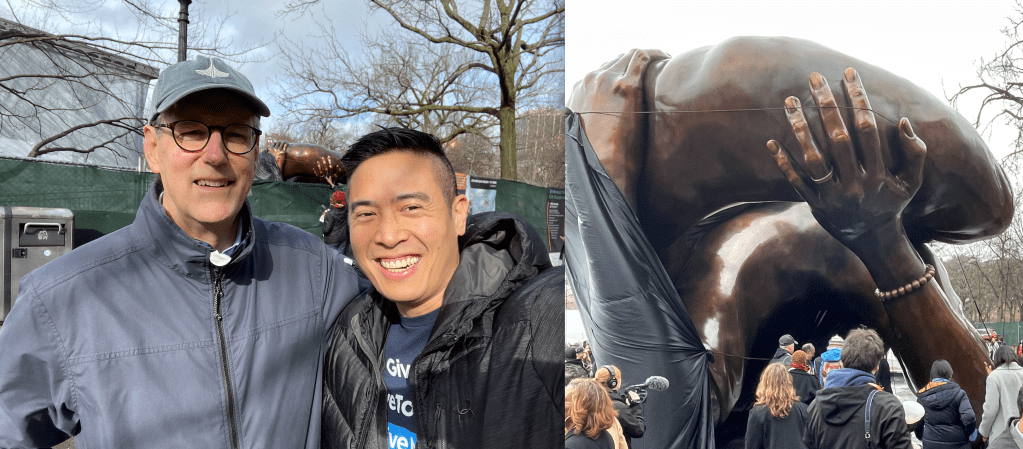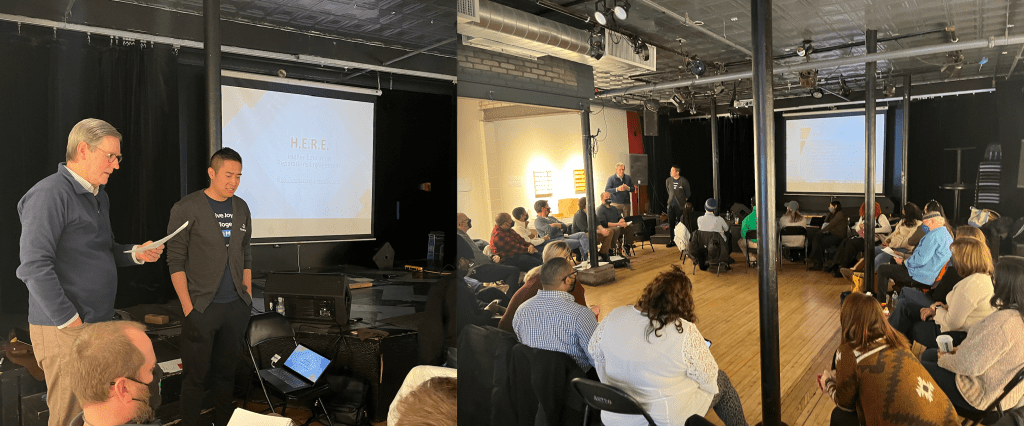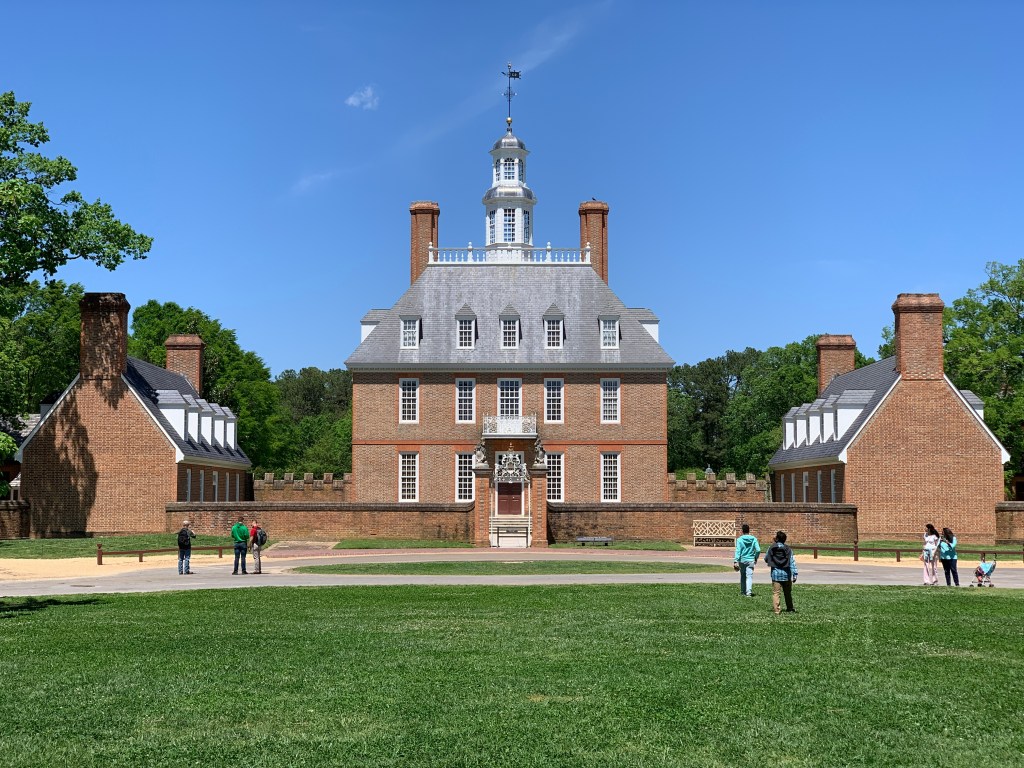Submit Courses and Projects
The power of the HERE project is in the networking, sharing, and learning that we all do collectively. We encourage you, as you are working on a reparations project connected to higher education, to share your work with the HERE. We will post it on the HERE website and add it to the resource list and forthcoming map of projects.
Higher Education Reparations Engagement

Featured Article:
A New Way of Being a University: Higher Education and the Work of Reparations
A deeper understanding of how slavery and colonialism fundamentally shaped the system of higher education in the United States has led colleges and universities to reexamine their histories and acknowledge harms committed and the need for repair.

Welcome to
Project H.E.R.E.
H.E.R.E. (Higher Education Reparations Engagement) is a resource and networking hub for campuses and local communities that are examining their histories, responsibilities, and commitments to restorative justice and repair for the historic and current injustices of slavery and colonialism.
About H.E.R.E
Resources are curated for use by campuses and community organizations for addressing the acknowledgement, healings, and ending of systemic racial injustices at the institutional, local, and national level. The resources are curated for use by students, faculty, staff, and community partners to examine, organize around, and act on securing reparations.


The resources are aimed at change internal to the campus as well as change in the community, with community partners. Attention to reparations allows for examining campus practices as well as how campus resources can be aimed toward organizing and advocacy for changing political conditions to make possible local and national reparations efforts. To have a strong understanding of where we are, we must study the historic moments perpetuating the inequalities that have led to a just and equitable America. We must also understand the existing economic divide, how it came to be and how it can be eliminated.
Recent Blog Posts:

Proudly Powered by WordPress

